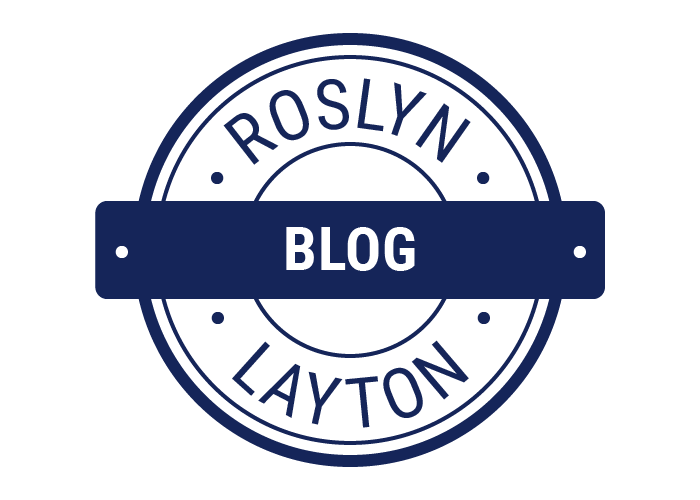Low-Income California Families Deserve The Maximum State And Federal Broadband Discounts Possible

While thousands of lower-income California families struggle to deal with inflated rents and ballooning food and fuel prices, the California Public Utilities Commission (CPUC) is considering a wrong-minded policy change for the California LifeLine program which would needlessly increase the cost of their broadband service. Will the CPUC make broadband more affordable for lower-income Californians – hard hit by the pandemic – or stubbornly insist on denying them all the benefits to which they are rightfully entitled? If they choose the latter, Governor Newsom and state legislators must get the CPUC back on track.
Wireless broadband is a critically important tool for lower-income families, connecting them to employment opportunities, educational resources, social services and health care. Research from 2021 indicates that 27 percent of U.S. households with an annual income of less than $30,000 depend exclusively on a smartphone for broadband access.
Wireline broadband is frequently not a viable substitute for wireless. For families that are housing unstable (which in California includes not only the homeless and near-homeless but also many of the state’s sizeable population of migrant and transitory workers), wireline broadband is not a practical option. The CPUC’s own data shows that 81 percent of people who participate in the California LifeLine program (which was created to make broadband more affordable for lower-income families) choose wireless service bundled with high-speed data, while less than 1 percent choose a wireline/broadband bundle.
The Federal Communications Commission (FCC) enacted a program during the COVID-19 pandemic that provided discounts to Americans struggling to pay for internet service. Now Congress has extended the program under the new federal Affordable Connectivity Program. When combined with existing California LifeLine discounts, lower-income consumers can finally afford the level of broadband service that most consumers take for granted: high speed and capable of providing access to the digital content they need for telehealth, remote education, and other critical aspects of daily life.
To do what’s right for lower-income Californians, the CPUC must reject a proposed decision that would no longer allow consumers to take advantage of both the federal assistance programs (Affordable Connectivity Program and federal Lifeline subsidies) and the California LifeLine subsidy. This proposal is especially hard to understand in light of the fact that the federal programs specifically say that participants are also allowed to use state programs.
The proposed decision demotes California’s Lifeline customers, limiting them to only 6 GBs of data. It tells lower-income families that they don’t need broadband services like other Californians. Denying full broadband access to those who already face financial struggles is a cruel policy for state like California which purports to be progressive.
In fact, the proposed decision would harm consumers who took advantage of the Emergency Broadband Benefit Program. In a motion to supplement the record, TracFone disclosed that it is caring for nearly 50,000 subscribers that signed up for unlimited data under the EBB program. That program ended December 31, 2021, and providers filed for permission to transition enrollees to the ACP program, but the CPUC rejected those requests. Those 50,000 households are in jeopardy of losing unlimited data if the CPUC adopts the proposed decision.
By combining the California LifeLine program with federal subsidies, as they have legally done in the past, many lower-income California families could receive unlimited data via high-speed wireless broadband at zero out-of-pocket cost, a tremendous advantage as they work to move themselves off of public assistance programs and into the middle class. Modifying the proposed decision so families can receive both state and federal discounts is a fair and prudent public policy; if the CPUC declines to embrace this opportunity to speed the closure of the digital divide, Gov. Newsom and the legislature must do it for them.
Originally published in Forbes.